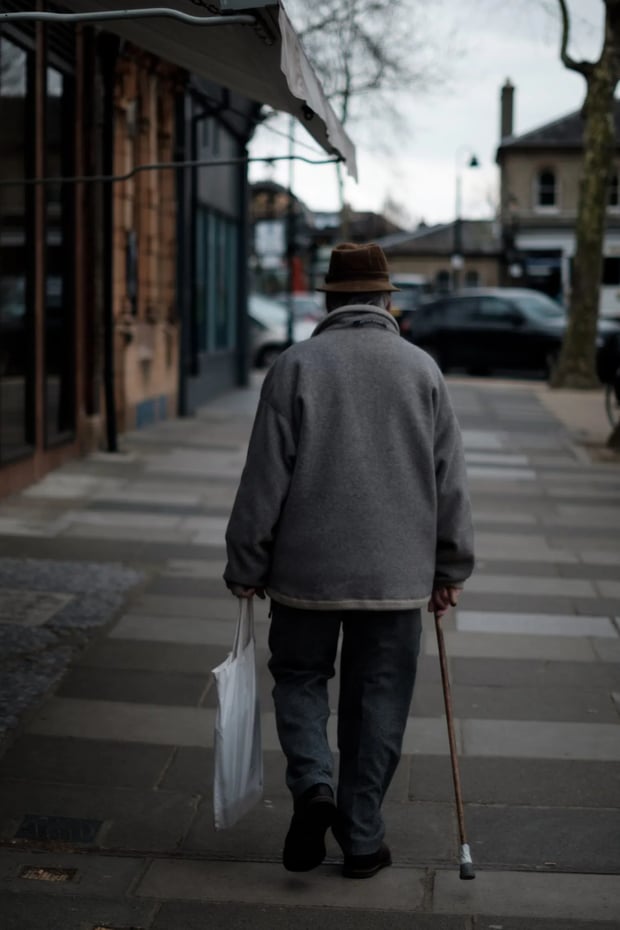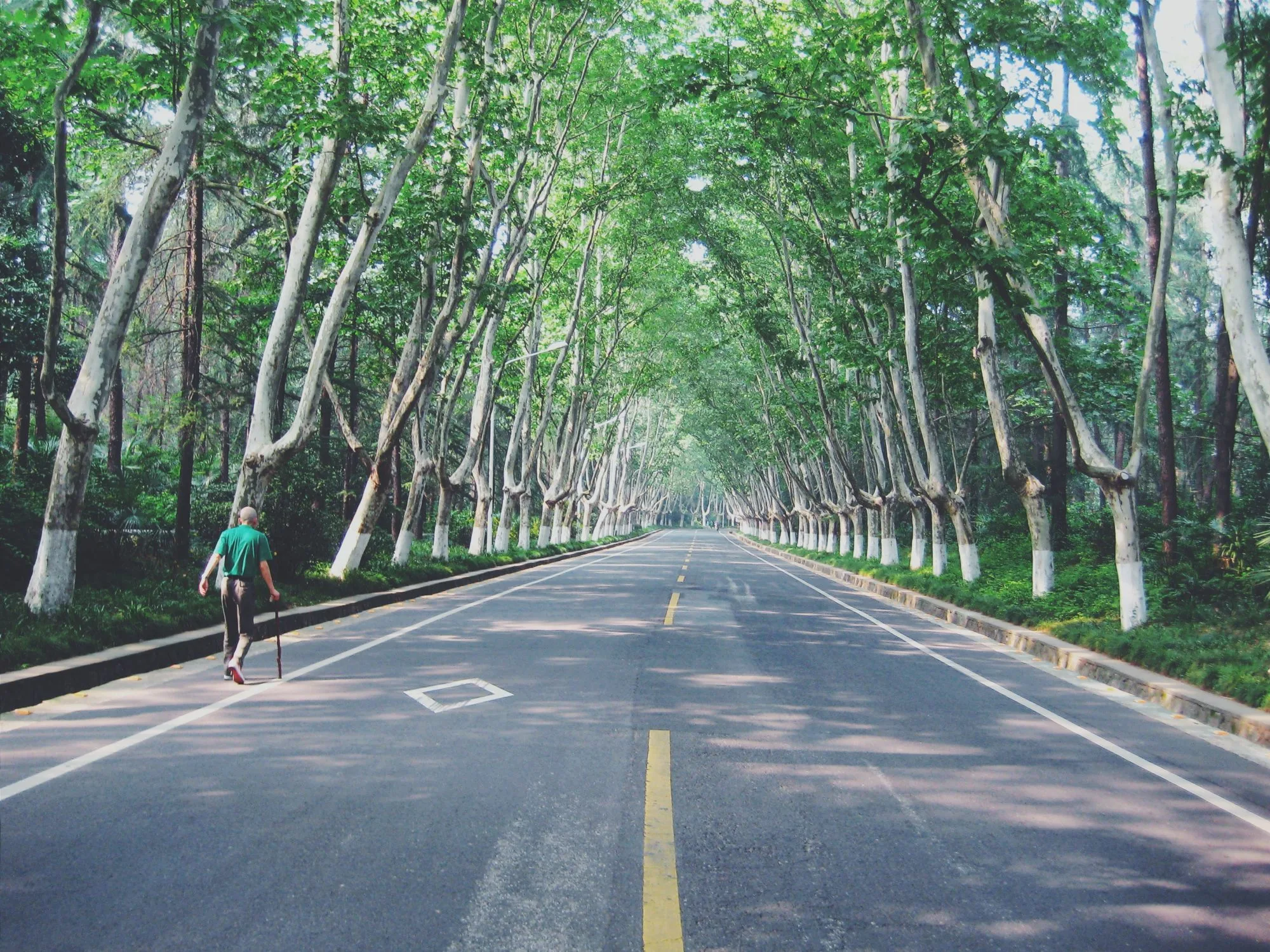A new study published in the Journal of the American Medical Association has found that deaths from falls amongst older Americans have increased sharply, rising to more than 25,000 deaths yearly in 2016, which is almost three times as many as in 2000.
The study found that while both sexes experienced spikes in their rates of fall-related fatalities, the rate of mortality from falls was higher for men than for women. Specifically, at 116.4 per 100,000 in 2016 for men compared to 105.9 per 100,000 for women. If that isn’t bad enough, experts have warned that as the population continues to age, their risk of fatal falls is also likely to rise.
While a fall can be quite embarrassing, the injuries it causes can be linked to the growing rate of fatalities. The injuries include broken bones, hip injuries, head trauma, and internal bleeding. If that wasn’t enough, even nonfatal injuries can have long-lasting effects on the elderly. Aside from rising hospital and physical rehabilitation bills, older Americans who survive their falls and suffer fractures may also have to deal with immobility and a more fragile mental health.
Due to this, the fear of falling begins to plague older adults with each passing birthday. Eventually, they can choose to refrain from outdoor and social activities, such as taking a walk in the park or even gardening.
Causes of falls
Before we delve into how the elderly can reduce their risk of falls, it’s important to identify the potential root causes of said falls.
Age is a huge contributing factor, since the older we get, the less coordinated, flexible, and balanced we become. As a result, it becomes much easier for us to fall. Other factors include chronic diseases (which affect function and balance), foot problems, and side effects of medications. Elizabeth Burns, the study’s co-author and health scientist at the U.S. Centers for Disease Control and Prevention’s Injury Center, shared that research has shown that their use of certain psychiatric medications that can cause drowsiness and vision problems has increased substantially in recent years.
Fortunately, while the risk of falls can be alarming to both yourself and your older loved one, there are ways in which they can reduce their risk of falling.
Reducing the risk of falls
1. Analyzing their medications
If your elderly loved one is battling symptoms that are affecting their movements, then it is advisable to analyze their medication. Light-headedness, drowsiness, low blood pressure, and fatigue are all potential side effects of their medications.
It is important to alert their doctor of these symptoms so that they can either provide a medical alternative or reduce the dosage.
2. Assess the home
A lot of trips and falls can occur at home so, as opposed to making it baby-proof, one should also make their home fall-proof.
First, fix any loose floorboards or carpet edges as these can easily trip you. It is also important to keep the home as brightly lit as possible. Place night lights all around the home, including the bedroom and especially at the top and bottom of the stairs. In regards to the stairs, be sure to secure all its rails.
In the bathroom, it is important to install non-slip mats as well as handrails.
3. Have their ears checked
According to a study published in the peer-reviewed journal JAMA Internal Medicine, poor hearing is linked to a three-fold increased risk of falling. A separate study also revealed how hearing aids may improve balance, thus reducing the risk of falling.
4. Regular eye check-ups
When it comes to reducing the risk of falls, eye health is incredibly important.
Sensitivity to light as well as blurriness can affect vision which in turn increases the risk of a serious fall.
Thus, it is imperative that you ensure that your older loved ones get their eyes checked regularly. If they wear glasses, make sure that they have the correct prescription and that they wear their glasses when moving about.
Here are even more reasons why you need to go for that eye examination.
5. Strength training
We experience muscle loss as we age thus it’s important for the elderly to engage in physical activity that can safely improve their strength.
In fact, a second study published in the Journal of the American Medical Association found that both weight-bearing exercises and resistance exercises helped to strengthen muscles, which then helped to lower the risk for falls. The study analyzed a program whereby a physical therapist visited the homes of 344 Canadian adults aged 70 and older who had experienced a recent fall. The therapist then offered strength and balance retraining exercises three times a week. The therapist also requested that the participants also walk for 30 minutes at least twice a week.
The study found that over a period of 12 months, the occurrence of falls had reduced by 36%.
Aside from walking and climbing the stairs, yoga, and tai chi are exercises that can help to improve strength, mobility, flexibility, and balance. According to a separate study published in the Sage Journal, tai chi helped to reduce the incidence of falls in individuals who had Parkinson’s disease or who had experienced a stroke.
6. Use of assistive devices 
If your elderly loved one has been experiencing dizziness and numbness in their feet, their doctors may recommend assistive devices in order to reduce their risk of falling.
The devices include walking canes, walkers, handrails on staircases, and grab bars in the shower and bathtub.
7. Wear supportive shoes
Your feet do a lot of walking, so it’s important to make sure that they’re comfortable.
When picking their perfect shoes, make sure that your elderly loved ones pick a comfortably-sized pair with non-slip soles.
8. Maintain healthy bones
In the case that your elderly loved one does suffer a fall, they can prevent any fractures by regularly keeping their bones healthy and strong. One way in which to do so would be by performing strength training and weight-bearing exercises.
Consuming foods rich in calcium, vitamin K and D can help them maintain the strength and health of their bones. Vitamin K and D rich foods include collard, edamame, broccoli, liver, and salmon. Salmon is also rich in omega-3 fatty acids and this has been linked to protection against bone loss during the aging process(1).
If they’re not big on dairy, there are other foods from which they can get their calcium intake. These foods include almonds, dark leafy greens, figs, and seeds. Furthermore, they may want to add more protein to their diet. This is because low-protein intake has been linked to bone loss. That said, consuming just 100 grams of protein daily is enough to ensure bone health. One can get their protein intake from lentils, quinoa, Greek yogurt, and chickpeas.




